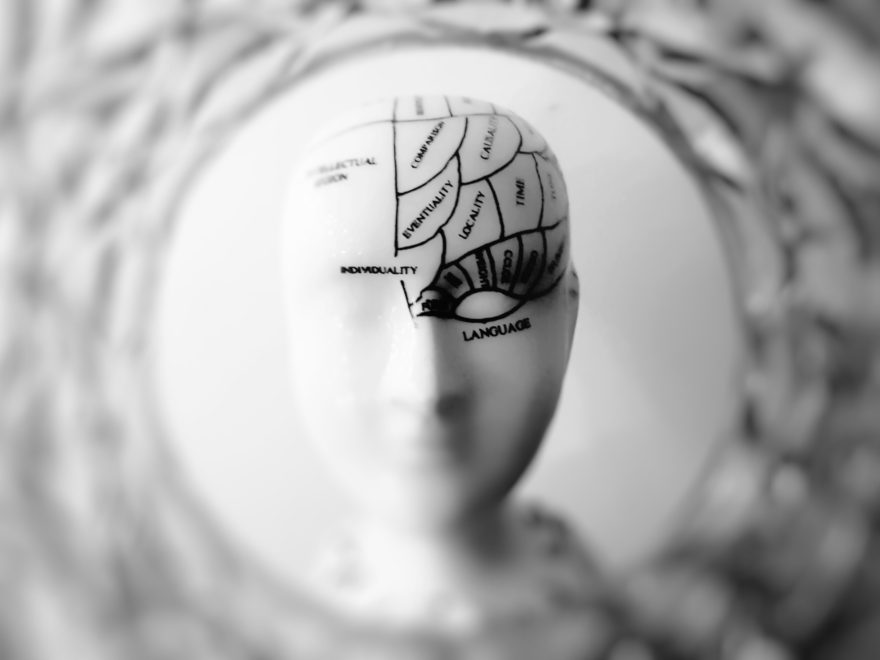Tag: focus
-

The Flow of Thought, Part 4: The Seven Liberal Arts as Mental Games
There’s a lot of talk these days about the war between STEM and the liberal arts (which we are meant to understand as the humanities generally). Often this gets posed as a trade-off between a utilitarian education—training our future engineers, scientists and programmers—vs. a soft education in human skills and cultural awareness. Given the hype…
-

Attention, Then and Now: The Science of Focus Before and After Charlotte Mason’s Time
The importance of attention for education is almost proverbial. Who has not seen the stereotype of a student staring out the window, while the teacher drones on? Movies and TV shows are filled with it. Everybody knows that a wandering attention and a lack of interest hamper a student’s learning. But we haven’t always paid…
-

Educating for Self-control, Part 2: The Link Between Attention and Willpower
In my last post on educating for self-control, I laid out a Christian case for the importance of self-control from the New Testament, citing Paul’s famous fruit of the Spirit and Peter’s not-as-famous virtue list in the first chapter of 2 Peter. Then we delved into the roots of self-control as a concept deriving from…
